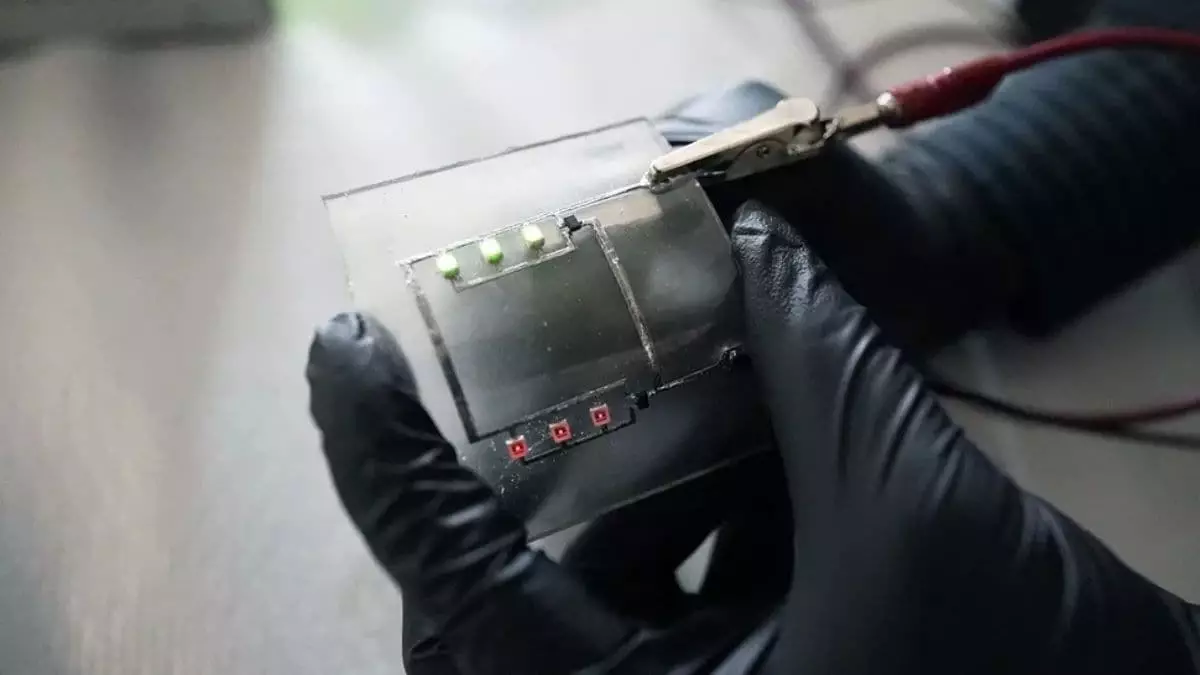In an era where environmental concerns are escalating faster than technological progress itself, the advent of self-healing, heat-recyclable circuit boards marks a pivotal turning point. This development challenges the very foundation of traditional electronics manufacturing, promising not just incremental change but a radical shift rooted in resilience and sustainability. The concept of repairable, reconfigurable circuit boards isn’t just a technological marvel—it’s a necessary evolution if we are to combat the relentless tide of electronic waste that continues to choke our planet. Yet, beneath this shining promise lies a complex web of assumptions, potential limitations, and the daunting task of translating laboratory success into widespread industry adoption.
Brains Behind the Breakthrough and Its Environmental Significance
At the heart of this innovation are researchers harnessing the extraordinary properties of vitrimers—specialized polymers capable of retaining strength while allowing reconfigurability. Infused with liquid metal droplets, these boards are engineered to endure severe mechanical damage without losing their quintessential electrical functionalities. The brilliance of this design lies in its dual capabilities: resilience and recyclability. Current electronics rely on rigid, non-repairable thermosets that, once damaged, are discarded—contributing enormously to burgeoning landfills and resource depletion. In contrast, this new approach proposes a future where damaged devices can be reshaped, repaired, and ultimately reclaimed, thereby significantly reducing the environmental footprint. It’s a bold claim, but one that demands scrutiny, as the journey from experimental prototypes to mass production remains fraught with technical and economic hurdles.
Challenges and Unmet Expectations
While the laboratory results showcase an exciting promise—boards that recover shape after heat, sustain electrical integrity after damage, and even facilitate material reuse—the question of practicality looms large. Scaling this technology for real-world applications involves overcoming substantial obstacles. Will the embedded liquid metal droplets maintain their conductivity over extended periods or under harsh operational conditions? Can the process be made cost-effective enough to replace existing manufacturing pipelines? Furthermore, recycling all components without loss of purity or functionality still seems aspirational rather than assured. The optimism of a greener electronic future must be tempered with realism: many innovations face a grim reality when tested beyond controlled environments, where economic and regulatory factors play decisive roles.
The Ambiguous Promise of a Circular Electronics Economy
Despite these challenges, this technological shift embodies a progressive vision—an optimistic glimpse into a future where electronics serve us without devastating the planet. The idea of Iolden, repairable devices equates to a paradigm where waste is minimized, materials are reused, and the concept of obsolescence is fundamentally redefined. Yet, it’s crucial to recognize that true transformation demands more than just advanced materials; it requires a comprehensive overhaul of supply chains, consumer behavior, and waste management systems. As much as these innovations spark hope, they must be integrated thoughtfully within a broader societal context to truly realize their potential. Without systemic change, even the most groundbreaking technologies risk becoming just another fleeting technological fad, instead of a lasting solution to one of our most pressing environmental crises.


Leave a Reply